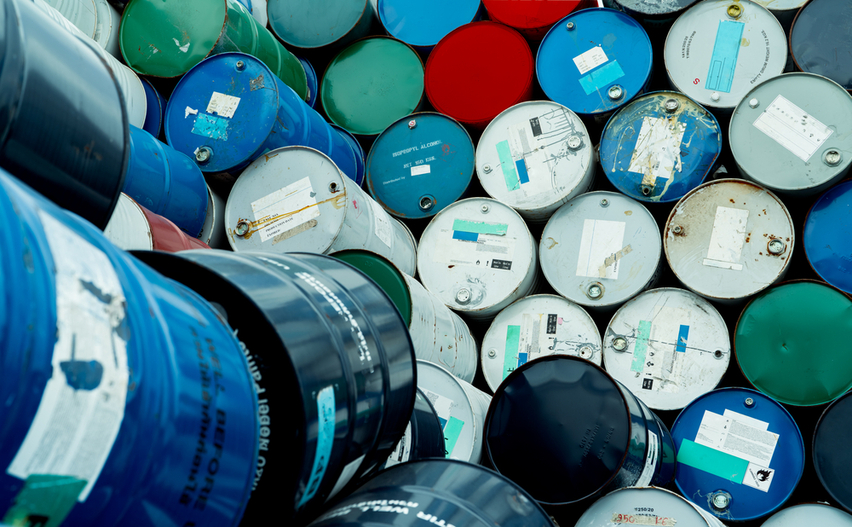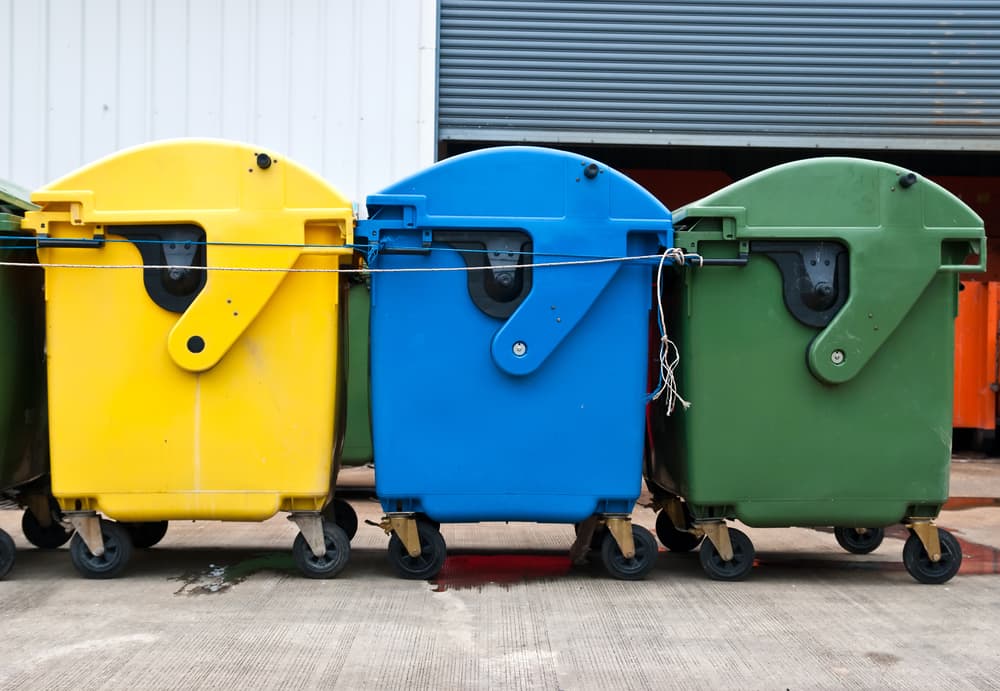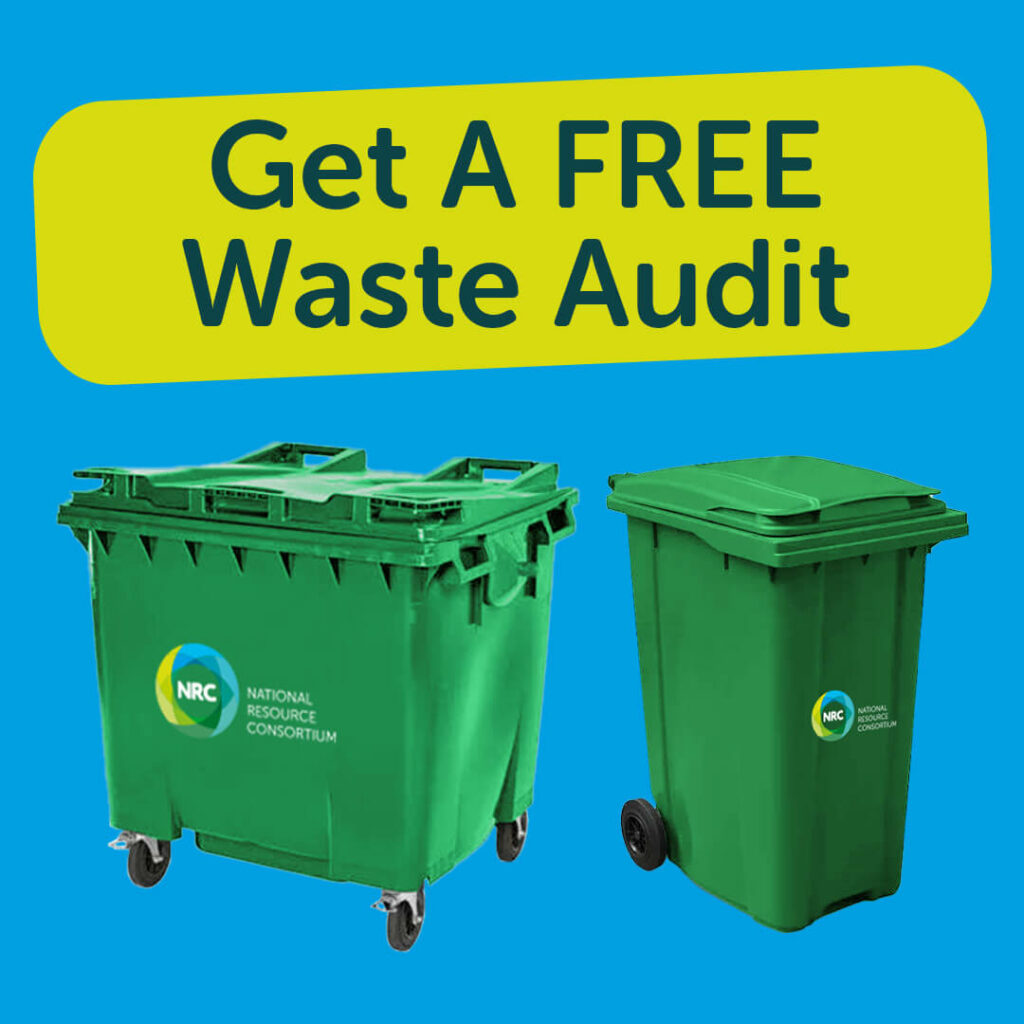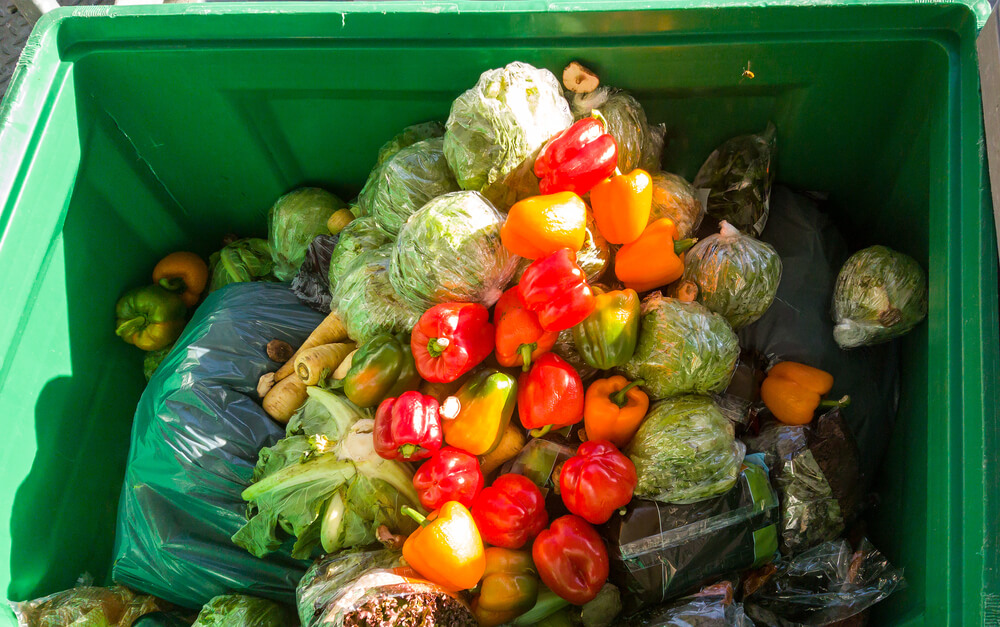May 9th, 2024

In today’s rapidly evolving industrial landscape, businesses are becoming more and more aware of the environmental impact of their operations. It is crucial that we continue to prioritise responsible waste management, particularly when it comes to hazardous materials.
At NRC, we have over 40 waste collection partners throughout the country and have become an expert in commercial waste management. With this guide, we will help you to understand the ins and outs of hazardous waste disposal and will answer:
- What harm can hazardous waste cause?
- Why is hazardous waste disposal important?
- How do you store hazardous waste?
- How do you classify hazardous waste?
- Can you dispose of hazardous waste yourself?
- How much does hazardous waste removal cost?
- What are hazardous waste regulations in the UK?
- Do you have to register hazardous waste?
But first…
What is hazardous waste?
Hazardous waste is any material with properties that are potentially harmful to humans and the environment. These materials can pose risks due to their toxic, flammable, corrosive, reactive, or infectious nature. The types of hazardous waste are wide-ranging:
- Chemical waste, such as solvents, pesticides, and certain laboratory chemicals.
- Biological waste, including medical sharps, contaminated materials, and biohazardous substances that could spread disease.
- Electronic waste, also known as e-waste, that could contain heavy metals (e.g. lead and mercury) or other chemicals.
- Universal waste, which is common waste produced by businesses and households alike, for example, batteries, fluorescent lights, or thermometers.
- Radioactive waste, such as nuclear power plant waste, medical radioactive materials, or byproducts from labs.
Alongside these common types of hazardous wastes are ones that can come as a surprise, as they appear in everyday items, such as fridges (as they can contain ozone-depleting substances), cleaning products, and paint.
New regulation has even come into place that highlights certain types of wood as being hazardous. This is why it’s important to know exactly what material you have before you dispose of it.
What harm can hazardous waste cause?
Improper handling and disposal of hazardous waste can have severe consequences. Exposure to these substances can lead to health issues like respiratory problems, organ damage, and cancer.
Hazardous waste can even contaminate soil, air, and water sources, which harms ecosystems and endangers wildlife. Minimising these risks should be a top priority, so it’s crucial to dispose of hazardous waste responsibly.
Why is hazardous waste disposal important?
Responsible hazardous waste disposal is essential for several reasons.
First and foremost, it protects our health by reducing the chances of accidental exposure and related health problems. Secondly, proper disposal minimises environmental contamination, helping us sustain and preserve ecosystems.
On top of this, compliant waste management enhances a business’s reputation, showcasing a commitment to corporate social responsibility, which can attract a wide range of customers and stakeholders.
How do you store hazardous waste?
Safely storing hazardous waste is vital in preventing leaks, spills, or accidental releases. Make sure you’re using the right type of container, depending on which waste you are handling. You should also label them correctly, maintain secure storage areas, implement containment measures, and regularly inspect storage facilities for any signs of deterioration or non-compliance.
How do you classify hazardous waste?
Classifying hazardous waste helps categorise and identify waste based on its properties and potential hazards. This, in turn, allows you to choose the right disposal method for your waste. It involves evaluating factors such as toxicity, flammability, corrosiveness, reactivity, and persistence. Accurate waste classification ensures the safe handling, transportation, and disposal of hazardous materials.
Can you dispose of hazardous waste yourself?
In short, you should not manage hazardous waste disposal by yourself, as there are several risks and legal implications involved. In many cases, businesses need to hire licensed waste management professionals, like us at NRC.
As experts in the field, we possess the knowledge, equipment, and permits necessary to handle, transport, and dispose of hazardous waste safely, while also complying with regulations.
How much does hazardous waste removal cost?
The cost of hazardous waste removal can vary based on factors such as how much there is, the level of risk, location, accessibility, and specific disposal requirements. Expenses usually include the collection, transportation, treatment, and final disposal processes.
Looking for a quote? Get in touch with our team of experts to find out how we can handle your hazardous waste for you.
What are hazardous waste regulations in the UK?
The UK has tight regulations on the management and disposal of hazardous waste. These regulations, including the Environmental Protection Act 1990, Hazardous Waste Regulations 2005, and the Control of Pollution (Amendment) Act 1989, aim to protect human health and the environment.
Do you have to register hazardous waste?
Yes, businesses in the UK that produce, store, or transport hazardous waste generally need to register with the appropriate environmental agency. This registration helps authorities to monitor compliance with waste management regulations and track hazardous waste streams. If you don’t register, it can result in fines or prosecution.
How NRC can help with your hazardous waste
By following proper hazardous waste disposal practices and understanding the regulations, businesses can fulfil their responsibilities, protect the environment, and make a positive impact.
Not sure what type of hazardous waste you have? Or maybe you’d like someone to take over your waste management? Get in touch with our team of experts today and hand over the dirty work to us.





